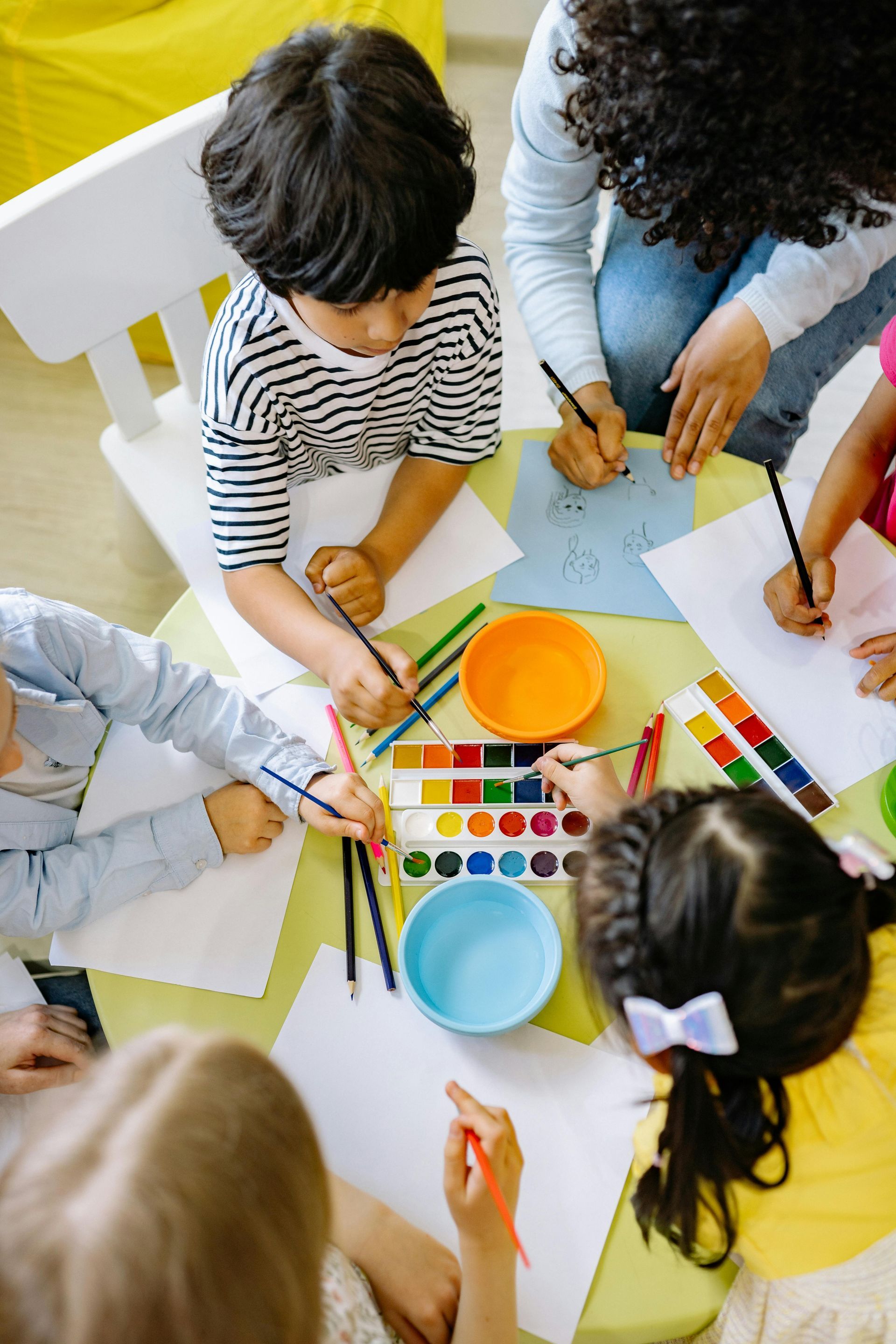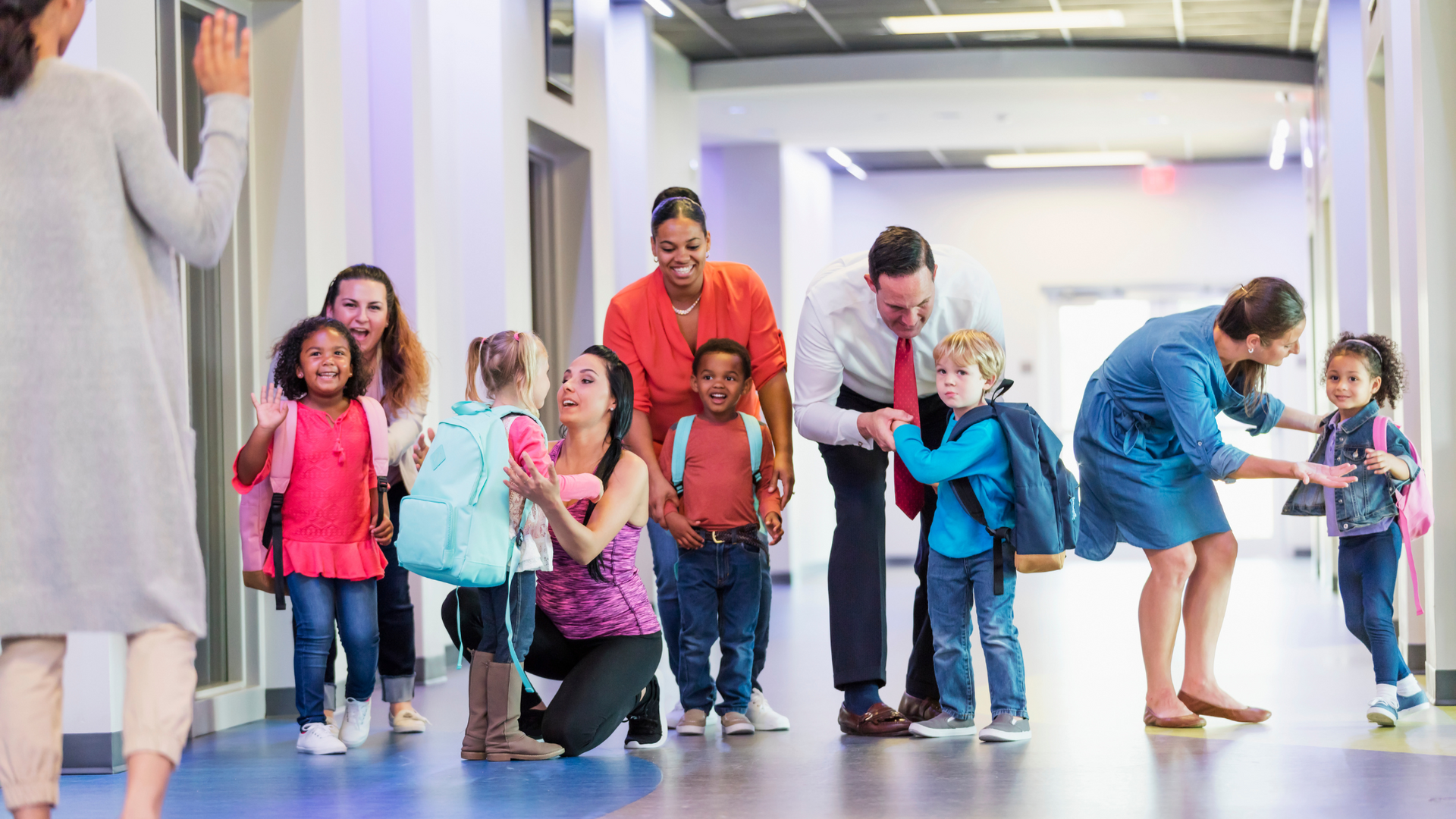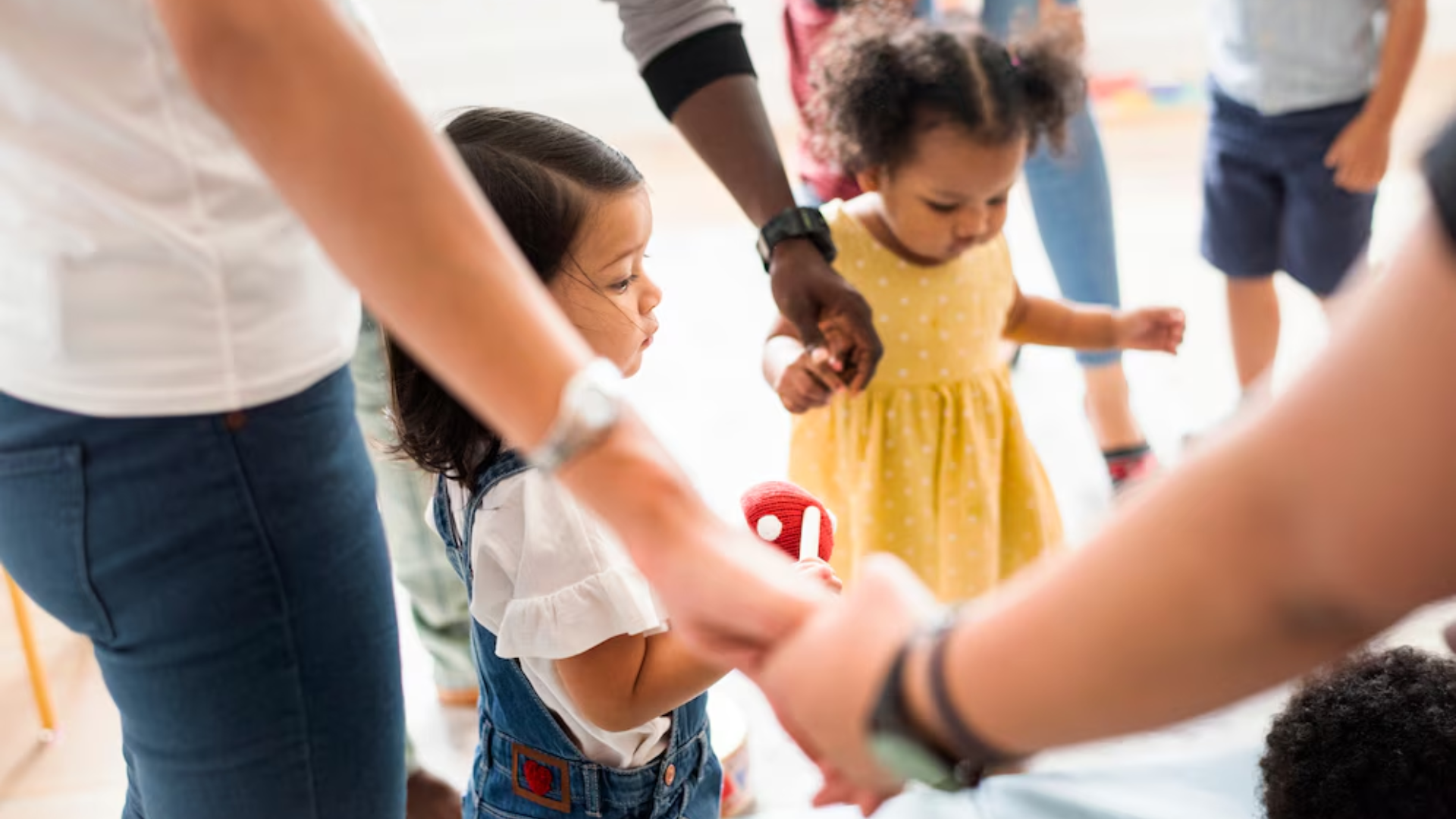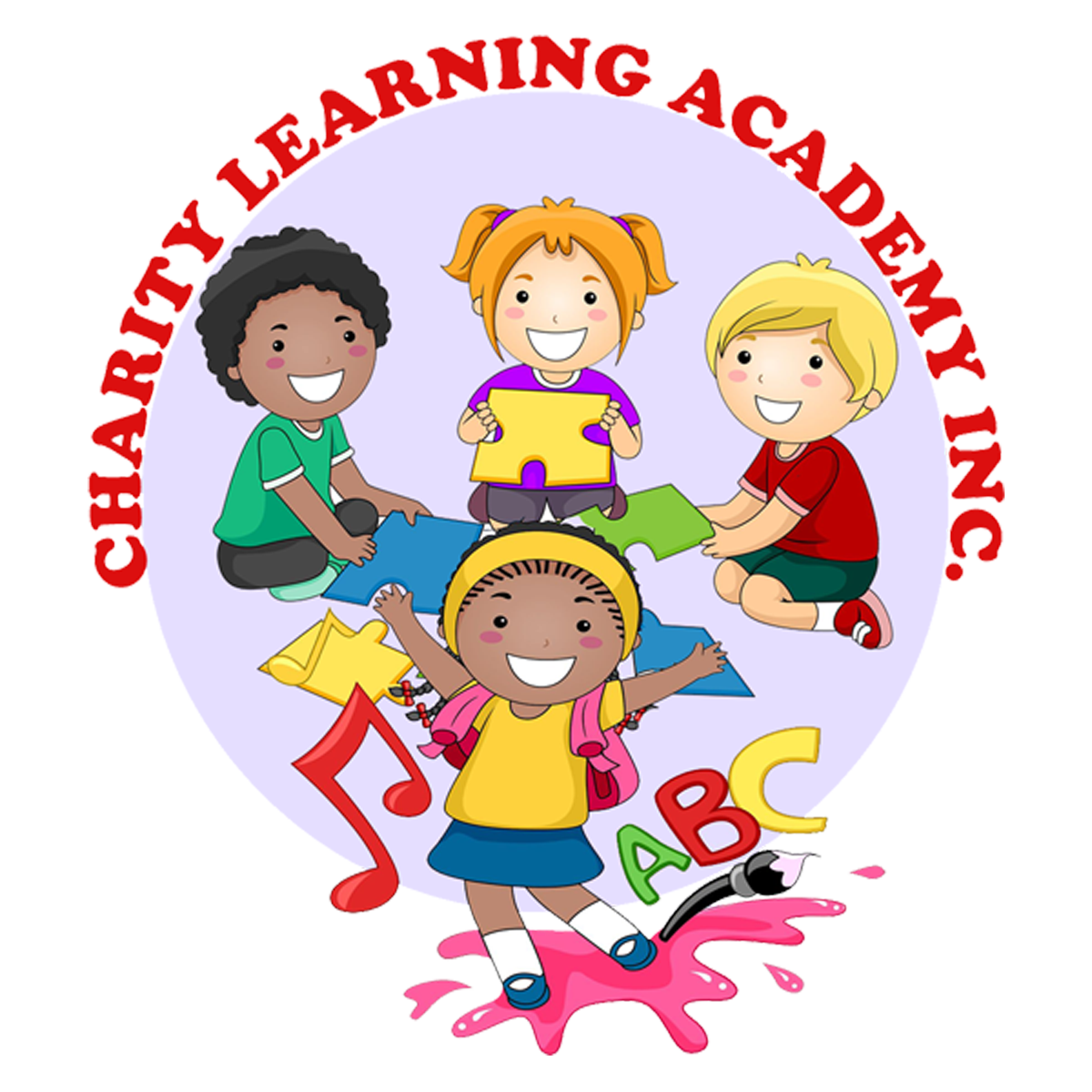The Power of Early Learning in Shaping Your Child’s Future

The early years of a child’s life are filled with rapid growth, new experiences, and the foundational development that will influence their future. The experiences children have from birth to age five can shape not only their academic trajectory but also their social, emotional, and cognitive development. This is why early learning is not just an option, but an essential investment in a child’s future. By providing a nurturing, stimulating, and supportive environment, we lay the groundwork for a lifetime of success, confidence, and curiosity.
In this blog post, we will explore the profound impact that early learning can have on a child’s future and why high-quality early childhood education is one of the best gifts you can give your child.
The First Five Years: The Most Critical for Development
Research consistently shows that the first five years of a child’s life are the most critical for brain development. During this time, the brain forms more than one million neural connections every second. These connections are the building blocks for cognitive, emotional, and social abilities that a child will use for the rest of their life.
Children’s brains are particularly sensitive to the experiences they encounter during these early years. Positive experiences, such as engaging with caregivers, participating in structured learning, and having opportunities for exploration, help create a solid foundation for learning. On the other hand, negative experiences, such as neglect or inconsistent care, can hinder brain development and lead to challenges in later years.
By investing in high-quality early learning, you are ensuring that your child receives the right mix of stimulation, support, and interaction to foster their brain development in the most beneficial ways possible.
Early Learning Promotes Cognitive and Academic Skills
One of the most significant benefits of early learning is the development of cognitive and academic skills that children will use throughout their lives. Early childhood education provides children with opportunities to develop language, literacy, and numeracy skills long before they enter kindergarten.
Through engaging activities such as reading books, playing word games, and solving puzzles, children begin to understand important concepts that will form the foundation for later academic success. These early skills not only help children perform better academically, but they also give them the confidence to engage with new learning experiences.
For example, children who are exposed to books and storytelling early on develop stronger language skills and a deeper love for reading. Children who engage in activities like sorting objects by shape and color or practicing counting build critical thinking and problem-solving skills that are essential for success in math and science.
Moreover, early learning encourages curiosity, allowing children to ask questions, explore answers, and engage in hands-on learning. This builds a sense of wonder and excitement for learning that will stay with them as they grow older.
Social and Emotional Growth
Beyond cognitive development, early learning also plays a crucial role in a child’s social and emotional growth. Preschool environments offer children the chance to interact with peers, navigate social situations, and develop the essential social skills they will need for the rest of their lives.
Through structured play, group activities, and collaborative projects, children learn how to share, cooperate, and resolve conflicts. They also begin to understand their own feelings and how to express them appropriately. This early emotional intelligence sets the stage for stronger relationships with peers, teachers, and family members as the child grows.
Moreover, early childhood education fosters self-regulation and independence. Children learn to manage their emotions, follow directions, and take responsibility for their actions. These emotional skills are vital for school success and life in general, as they allow children to approach challenges with resilience and patience.
Building Strong Foundations for Lifelong Success
The impact of early learning extends far beyond preschool. Children who receive high-quality early education are more likely to excel academically, graduate from high school, and pursue higher education. They also tend to have better social skills, stronger self-esteem, and higher career success later in life.
Studies have shown that children who attend preschool are more likely to perform well in reading and math in elementary school, and they are less likely to experience behavioral problems. They are also more likely to finish school and go on to successful careers. The skills and knowledge children gain in early learning environments lay the groundwork for a bright future.
Furthermore, early learning has long-term economic benefits. By investing in early childhood education, society as a whole benefits from a more educated and productive workforce. The long-term returns on early learning investment include reduced crime rates, improved health outcomes, and greater economic stability.
The Role of Play in Early Learning
Play is a cornerstone of early childhood education, and it plays an essential role in a child’s cognitive, social, and emotional development. Through play, children develop creativity, problem-solving skills, and the ability to think critically.
Imaginative play, for instance, helps children understand and express their emotions, experiment with different scenarios, and build empathy by putting themselves in others’ shoes. Physical play helps children develop coordination, balance, and motor skills while fostering social interactions with their peers.
Structured play activities, such as group games or educational games that involve learning shapes, colors, or numbers, also build foundational academic skills in a fun and engaging way.
By encouraging both free and guided play, early learning environments provide children with the space to explore, discover, and learn in an organic and enjoyable manner.
Preparing for the Future: Lifelong Learning Skills
One of the greatest gifts early learning can provide is the ability to approach new challenges with a growth mindset. When children are given the opportunity to solve problems, think critically, and learn through trial and error in a supportive environment, they develop lifelong learning skills.
In today’s rapidly changing world, the ability to adapt, think critically, and continue learning throughout life is more important than ever. Early learning fosters these skills by encouraging children to ask questions, explore solutions, and reflect on their experiences. This mindset of lifelong learning is one that will serve them well in their personal and professional lives.
Our blog post on why our curriculum focuses on nurturing every child's potential beautifully complements insights from how our before and after school programs keep kids engaged, demonstrating how we provide consistent, enriching experiences that foster children's growth and development throughout the day.
Conclusion
The power of early learning in shaping a child’s future cannot be overstated. By providing a nurturing, stimulating, and supportive environment in the early years, we set the stage for a lifetime of learning, growth, and success. Early learning offers children the opportunity to develop essential cognitive, social, emotional, and physical skills that will benefit them for years to come.
As parents and caregivers, investing in your child’s early education is one of the best decisions you can make. The experiences they have during these formative years will not only help them thrive in school but also empower them to approach life’s challenges with confidence and resilience.
At our early learning center, we are dedicated to helping every child reach their full potential. Through a rich curriculum, expert guidance, and a loving environment, we aim to provide children with the tools they need to succeed both now and in the future. If you are looking for a nurturing space where your child can grow, learn, and explore, we invite you to learn more about our programs and how we can support your child’s journey.










